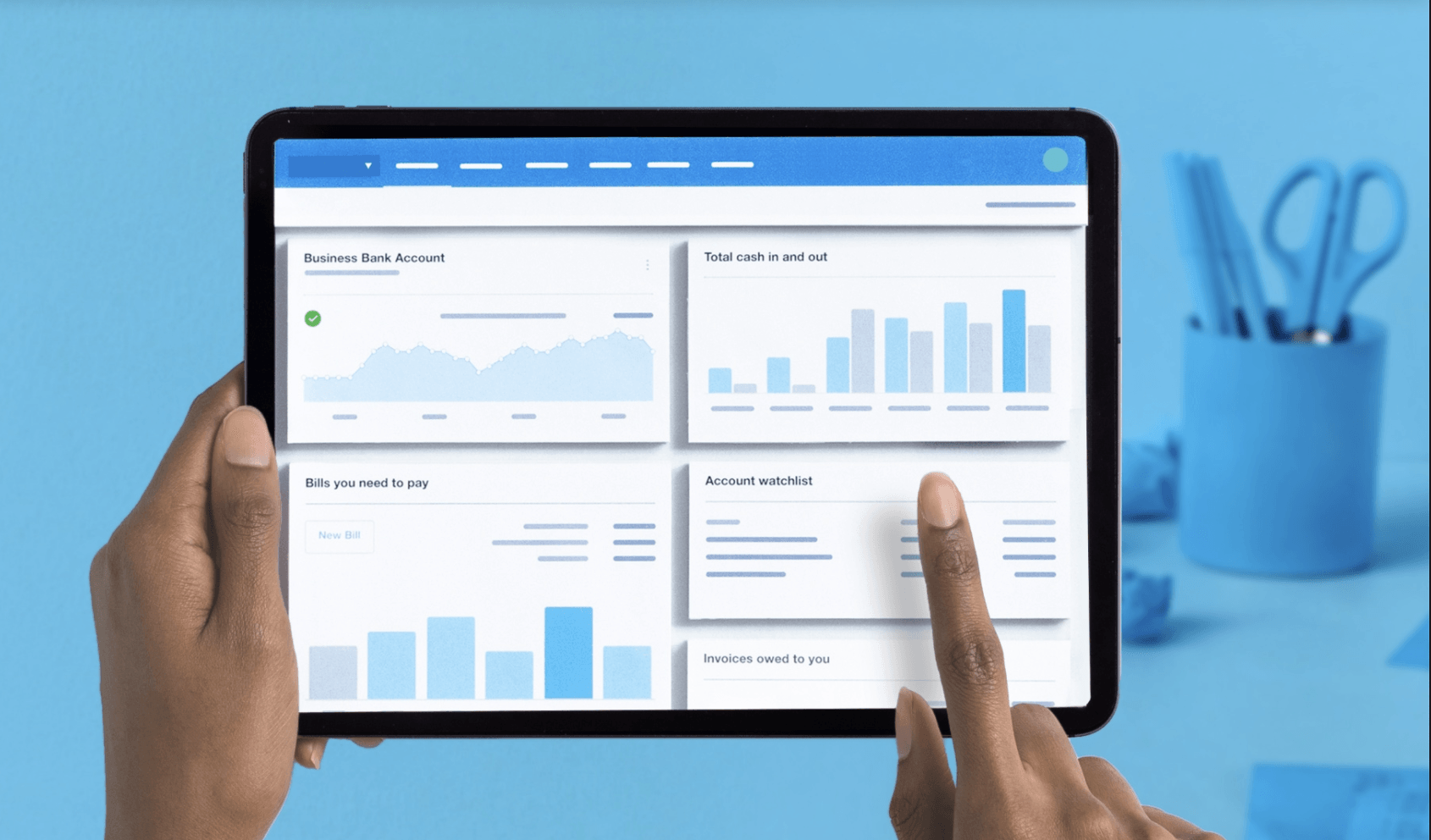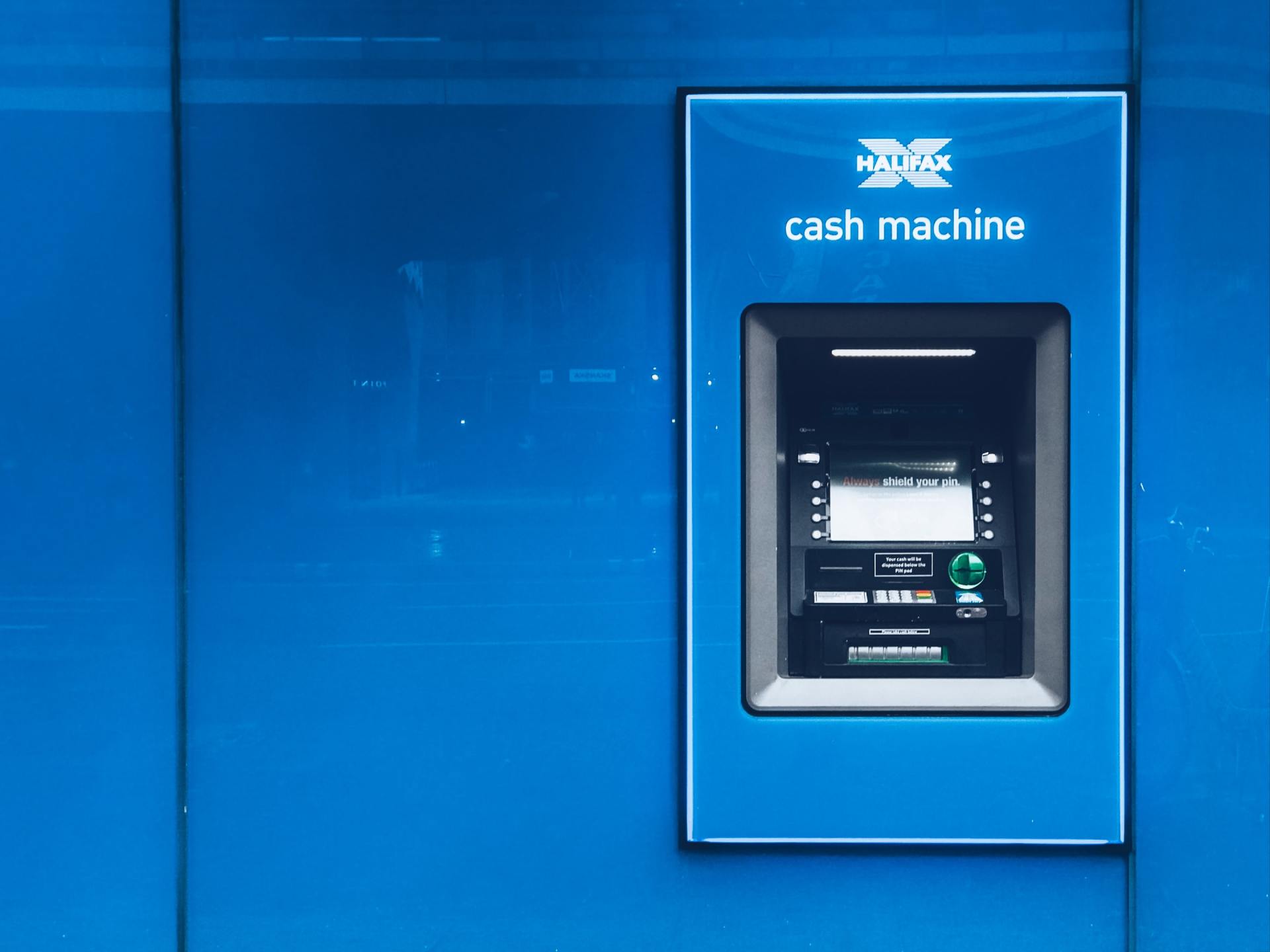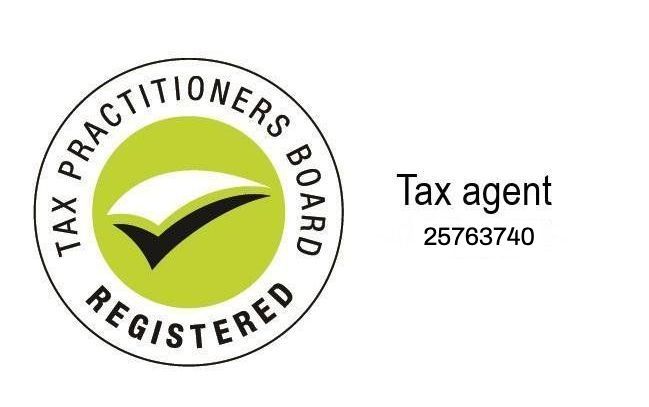Small Business Accounting Knowledge Base

05 Jul, 2023
Deciding whether to hire an internal accountant or engage an external accounting firm can be challenging. A growing number of businesses today are opting to outsource their financial and accounting functions, driven by the multitude of benefits this approach offers. The factors many companies look at now when assessing this decision are: What are the core strengths and skills of an internal employee? What are the risks of an internal employee? How can an external employee be a more financially viable option? In today's landscape, more power is being taken from employers and given to employees, and many large companies now view hiring as a high-risk maneuver. Employers must consider leave benefits, including; sick leave, mental health days, annual leave, bereavement leave, pandemic leave, and long covid leave. The anxiety levels of employers are through the roof. Not to mention that more and more accountants are leaving the industry while less and less are studying to become accountants.

08 Oct, 2020
Small business accounting has rapidly changed over the past decade thanks to the exponential development in technology. Access to advanced software that can carry out complex functions and interconnected technology has made bookkeeping and accounting easier, efficient and accessible. Organising financial data, analysing it and measuring your business progress has never been easier. Here are 5 ways technology has changed small business bookkeeping. Cloud accounting The advent of cloud-based accounting systems has streamlined bookkeeping. You no longer have to install accounting software on your computer. Simply sign up and begin bookkeeping. Today’s cloud accounting programmes boast an array of features including payroll, collection and the ability to connect your bank accounts. What’s more, these programmes are designed for efficiency and productivity whilst adhering to all applicable bookkeeping and accounting guidelines. Mobile accounting Cloud computing and virtual technology have transformed the way bookkeeping is done. There are a range of mobile apps for accounting functions. Here are some of the tasks you can handle using your mobile device: • Capture receipts • Create and send invoices • Gather signatures • Create expense claims Your accountant does not have to visit your office to access the records. No matter the time of the day or where they are, they can access the data instantly. Physical location is no longer a barrier. Accounting and bookkeeping has gone truly mobile! Real time updates Business reporting is an important part of any business. It helps in making important decisions and aids in auditing aspects of operating a business. However, given the complexity of bookkeeping and accounting processes, reports may not be available readily. However, all that has changed with technology. Today’s bookkeeping platforms boast real-time reporting and data updates. When you receive a payment, your bank notifies the bookkeeper (via email, text message or even online banking), and the payment is recorded. The same holds true whether you make a sale or accrue an expense. Streamlined processes Bookkeeping is no more complex and involved process of the past. Integration between apps has streamlined the entire bookkeeping process. Integration with the bank gets rid of chasing the bank for the reconciliation process. By integrating payroll apps with the accounting software, you can save a lot of time and double-work. Improved efficiency and security Virtual bookkeeping makes things easier and effective for businesses. The virtual setup frees you up of hosting and safekeeping duties. The data, accounts and the information are easily accessible to the right people and safe from loss, theft or unauthorised modifications/changes. Delegation, checks and reporting have become a lot more efficient and optimised. Numbers and figures are less prone to errors, mistakes or manipulation. Conclusion The rapid development in technologies has changed the way businesses do bookkeeping and accounting, and that’s an undeniable fact. There are many other benefits of virtual accounting and bookkeeping. Tax time becomes stress-free when your records are efficiently organised. Not to mention the money you save by getting rid of double-work and errors.

08 Oct, 2020
Cash basis accounting and accrual basis accounting are two methods of recording transactions. The crucial difference between the two systems is the time when the transaction is recorded. If you record the transactions when you receive/pay money, it is cash basis accounting. And if you record them when you raise/receive an invoice, it is accrual accounting. We will explore both these methods in detail and consider how each method affects your business. Cash basis accounting This method recognises expenses when they’re paid and income when cash is received. This method does not track accounts payable or accounts receivable. A lot of small businesses rely on cash basis accounting as it is straightforward and pretty easy to maintain. It is quite easy to identify when a transaction has occurred (the money has been received/paid either in cash or in/out of the bank. This means that there’s no need to keep a track of payables or receivables. Cash basis accounting also helps in calculating how much cash a business has at any point of time; you can simply look at the bank balance and you know how much money you have at your disposal. Furthermore, as transactions are recorded only when the cash is received/paid, the income is not taxed until it gets to the bank. However, cash accounting isn’t accurate. It may show a business as profitable even though it has huge bills to pay. It isn’t helpful when it comes to making management decisions; there’s not much you can decipher from a day-to-day view of your finances. Accrual basis accounting Under accrual basis accounting, you record revenues and expenses as they are earned irrespective of when you receive/pay the money. For instance, you will record income when a project has been completed rather than when you receive payment. This method is the most favoured one compared to the cash method. The biggest benefit is that this method provides a more realistic picture of income/expenses, providing a long-term view of the business that cash accounting does not offer. However, this accounting method does not tell much about cash flow; a business may appear to be highly profitable where in reality its bank accounts are empty. Accrual accounting in the absence of careful tracking of cash flow could have catastrophic consequences. Accrual basis accounting requires a lot of work as you have to keep a track of invoices, not just the bank account. What’s more, you may have to pay tax on your revenue even before the customer actually settles the invoices. Which system should your small business use? To identify which method suits your business best, consider: • The size of your business • The complexity of your processes and business transactions • Whether relying on an electronic system would make a difference • Whether you have the time and resources for accrual accounting Cash basis method works well for small businesses that do not carry any inventory. If your business maintains a lot of inventory, your accountant will likely recommend the accrual method.

08 Oct, 2020
Bookkeeping is to a business what an operating system is to a computer. It is the very language of business. And that makes your bookkeeper an important part of your business. From keeping your tax-ready and chasing payments to processing payroll and stocktaking, a bookkeeper can do a lot of things for your business. In this blog, we take a look at all that your bookkeeper can do for your business. Manage Daily Accounts A bookkeeper keeps up with your organisation’s accounts on a daily basis. By recording every purchase and sale as it happens, your bookkeeper helps you keep a keen eye on the cash flow. What’s more, this also saves a lot of time on data entry. Stay Organised A bookkeeper can ensure your business records are accurately recorded and up-to-date. Moreover, it will be his job to flag any inaccuracies between the business accounts and the books, ensuring any issues can be resolved quickly. Be Tax-Ready Tax deadlines are very strict, and any lapse could result in a hefty penalty. Doing the books is the last thing that comes to mind for small business owners, so deadlines could easily slip your mind. A bookkeeper will ensure your records are accurate and you are ready when it’s time to file your returns, keeping the taxman happy and preventing any penalty. Adhere to the Law Tax is a sensitive area. One small error could result in a letter from the HRMC. That’s where a seasoned bookkeeper can help; he can ensure your business complies with the relevant laws. Process Payroll A bookkeeper can even help with payroll processing for your small business. This could include processing paychecks and tax payments to your employees. Manage Accounts Receivable Your bookkeeper will be responsible for preparing invoices and sending them out to your customers so the payments are received on time. He will also manage the accounts receivable ledger while also tracking late payments to ensure your records are up to date and accurate at all times. Manage Accounts Payable A bookkeeper is the one who makes payments on the behalf of your business. This includes payment of petty cash, supplier invoices and any expenses. Track Cash Flow This is one of the most important tasks performed by bookkeepers, ensuring your business does not run out of cash for daily operations. Your bookkeeper does this by tracking your revenue vis a vis your expenses whilst also offering advice when your business needs more cash. Stocktaking Bookkeepers often generate inventory reports for small businesses by counting the stock items. They will report any discrepancies to you to ensure you can resolve the issue immediately. Stocktaking is often carried out at the end of the financial year with the figures reported in statements like Profit and Loss. Need Help with Bookkeeping ? THN & Samios Partners has a team of experienced bookkeepers who can help ensure your business operates smoothly. Contact us today

08 Oct, 2020
Whether you sell baby diapers, SaaS software or plumbing services, there are two things your business is sure to do – you make money and you spend it. Bookkeepers can help you keep track of your revenue and expenses. In this post, we explain in detail the daily responsibilities of a bookkeeper and why you need one. So who is a bookkeeper? A bookkeeper prepares your accounts, recording your financial transactions. The earliest bookkeepers could be traced back to 2600 BC when they tracked records on slabs of clay. Bookkeepers are in charge of providing correct, up-to-date financial data about a business. They are always measuring the progress of a business. Usually, their reports are sent to business managers and owners so they can make informed decisions. Duties of a bookkeeper A big part of a bookkeeper’s job is data entry and handling receipts. They record all financial transactions in your general ledger book using the double-entry bookkeeping method. However, there’s more to bookkeeping than simply punching numbers. It calls for diligent analysis and some basic legal know-how. At the end of the day, it’s your bookkeeper who will help you handle an audit by ensuring your records are organised and your deductions legal. Your bookkeeper will be responsible for preparing 4 crucial financial statements: • Profit & Loss statement – This statement reports your income and expenses over a specific period. • Balance sheet – This is a summary of your financial position for a given financial year. • Cash flow statement – This records all the cash and cash-equivalents leaving and entering your business. • Statements of retained earnings – Also known as a statement of changes in equity, this report shows how your reserves, share capital and retained earnings have changed. Other important tasks a bookkeeper handles There are many other things a bookkeeper can do to help ensure your business operates smoothly: • Collect and submit sales tax to the government • Manage accounts payable and accounts receivable • Process payroll • Record cash received and deposit them at the bank • Monitor your debt levels and make payment as and when it becomes due for payment • Maintain your yearly budget • Handle bank reconciliations at the end of every month • Provide your CPA with financial statements at the end of a financial year for tax filing How a bookkeeper can help your business So why should you hire a bookkeeper? A good bookkeeper can help you in the following ways: • Free up your time that you can instead focus on your core business • Know precisely where your money is going and make budgeting decisions • Your business becomes audit-proof with detailed, organised and meticulous documentation • Understand how the seasonal flow affects your business • Peace of mind in the knowledge that your books are organised and come tax time you won’t have to run around the last-minute • Track the key metric of your business – costs, revenue, profitability, etc. Get a free consultation Talk to THN & Samios Partner to learn how to ensure your books of accounts are accurate, understand your financial statements and steer clear of common mistakes. Get Started Today!
Contact Info
Address:
Suite 2, Level 29, 259 George St Sydney NSW 2000
Phone:
+61 2 9660 8555
Trading Hours
Monday to Friday 9:30am – 4:00pm
Appointments outside these times are available only by prior arrangement.
© 2024
THN & Samios Partners Pty Ltd







